











Read More
Presently, Faculty of Pharmaceutical Science, AdtU offers M. Pharm programmes in Pharmaceutics and Pharmacology. These programmes were established to fulfil the need for specialized knowledge in the NER region and to encourage graduates to continue their higher studies. A key objective of offering the M. Pharm programmes was to drive ongoing research activities by involving postgraduate students. As a result, postgraduate students have opportunities to advance their studies to the PhD level and select a career that aligns with their passions.
Year wise Course Details
Courses for this semester
Modern Pharmaceutical Analytical Techniques mainly focuses on the analytical instruments used for analysis of drugs by using U.V, I.R, Spectrofluorimetry, Flame Emission spectroscopy, Atomic Absorption spectroscopy, N.M.R, Mass, Chromatography, Electrophoresis, X-Ray crystallography, RIA and ELISA.
Course designed to impart advanced knowledge and skills required to learn the concept of generic drug and their development, various regulatory filings in different countries, different phases of clinical trials and submitting regulatory documents : filing process of IND, NDA.
This subject is designed to develop skills by handling instruments like U.V, I.R, Spectro fluorimetry, Flame photometry, Chromatography for use during project works and as well a skilled technical person.
The Drug Delivery Systems course is designed to provide an in-depth understanding of various drug delivery technologies, mechanisms, and approaches used in the pharmaceutical industry. The course will cover the principles, design, and evaluation of different drug delivery systems, including conventional and advanced delivery methods. Students will explore how drug delivery systems can improve drug efficacy, bioavailability, and patient compliance. Additionally, the course will focus on recent advancements and emerging trends in drug delivery research.
The course Modern Pharmaceutics in the Master of Pharmacy (M.Pharm) program, as per the Pharmacy Council of India (PCI) syllabus, is designed to provide in-depth knowledge and understanding of contemporary pharmaceutical formulation development and drug delivery systems. This course aims to equip students gain the necessary knowledge about preformation concept, Optimization techniques in Pharmaceutical Formulation, Validation, cGMP & Industrial Management, Compression and compaction and Study of consolidation parameters.
In an M.Pharm program with a focus on Pharmaceutics, students engage in a multifaceted learning experience. This includes conducting in-depth literature reviews to grasp the latest developments in pharmaceutical research, designing and executing experiments related to drug formulation and delivery systems, analyzing real-world pharmaceutical cases to propose practical solutions, and participating in collaborative drug development projects aimed at creating new pharmaceutical products.
Courses for this semester
This course is designed to impart knowledge on the area of advances in novel drug delivery systems.
This course is designed to impart knowledge and skills necessary for dose calculations, dose adjustments and to apply bio pharmaceutics theories in practical problem solving. Basic theoretical discussions of the principles of bio pharmaceutics and pharmacokinetics are provided to help the students’ to clarify the concepts.
This course is designed to impart knowledge and skills necessary for the fundamental need for cosmetic and cosmeceutical products.
This course is designed to impart knowledge and skills necessary for computer Applications in pharmaceutical research and development who want to understand the application of computers across the entire drug research and development process. Basic theoretical discussions of the principles of more integrated and coherent use of computerized information (informatics) in the drug development process are provided to help the students to clarify the concepts.
Bio-pharmaceutics provides the scientific basis for drug product design and drug product development. Each step in the manufacturing process of a finished dosage form may potentially affect the release of the drug from the drug product and the availability of the drug at the site of action. The study of pharmacokinetics involves both experimental and theoretical approaches. The experimental aspect of pharmacokinetics involves the development of biologic sampling techniques, analytical methods for the measurement of drugs and metabolites, and procedures that facilitate
Master's in Pharmacy program, a seminar or assignment would typically aim to enhance students’ knowledge and skills in various aspects of pharmaceutical science. This could involve: 1. Literature Review: Conducting an in-depth review of recent research papers, articles, or textbooks related to a specific topic in pharmaceutics. 2. Experimental Research: Designing and conducting experiments related to drug formulation, delivery systems, or pharmaceutical processes. 3. Case Study Analysis: Analyzing real-world pharmaceutical cases or industry-related challenges and proposing solutions. 4. Drug Development Project: Collaborating on a project to develop a new drug formulation or pharmaceutical product. 5. Regulatory Compliance: Researching and presenting on pharmaceutical regulations and quality control standards. 6. Presentation and Communication Skills: Developing student’s ability to communicate complex pharmaceutical concepts effectively through presentations or written reports.
Courses for this semester
Research Methodology & Biostatistics Identifies the overall process of designing a research study from its inception to its report. Familiar with ethical issues in educational research, including those issues that arise in using quantitative and qualitative research. Identify a research problem stated in a study
The Journal Club course in a Pharmaceutics master's degree program is designed to enhance students' critical thinking, research analysis, and communication skills. This course focuses on reviewing and discussing current research articles, publications, and studies related to pharmaceutical sciences, drug development, and other relevant topics.
The Discussion Presentation or Proposal Presentation course in a Pharmaceutics master's degree program is designed to enhance students' abilities to communicate research findings, proposals, or ideas effectively. This course typically focuses on developing presentation skills, critical thinking, and the ability to communicate complex scientific information clearly and persuasively.
The Research Work course in a Pharmaceutics master's degree program is typically a core component of the curriculum and aims to provide students with hands-on experience in conducting original research in the field of pharmaceutical sciences. This course is designed to develop students' research skills, including project planning, experimental design, data collection, analysis, and presentation.
Courses for this semester
The Journal Club course in a Pharmaceutics master's degree program is designed to enhance students' critical thinking, research analysis, and communication skills. This course focuses on reviewing and discussing current research articles, publications, and studies related to pharmaceutical sciences, drug development, and other relevant topics.
The Research Work course in a Pharmaceutics master's degree program is typically a core component of the curriculum and aims to provide students with hands-on experience in conducting original research in the field of pharmaceutical sciences. This course is designed to develop students' research skills, including project planning, experimental design, data collection, analysis, and presentation.
The Discussion Presentation or Proposal Presentation course in a Pharmaceutics master's degree program is designed to enhance students' abilities to communicate research findings, proposals, or ideas effectively. This course typically focuses on developing presentation skills, critical thinking, and the ability to communicate complex scientific information clearly and persuasively
This course aims to provide an in-depth exploration of advanced concepts and contemporary issues in pharmaceutics. It focuses on the application of pharmaceutical sciences to the design, development, and optimization of drug delivery systems. Students will engage in critical analysis of current literature, hands-on practical exercises, and collaborative projects.

CST- Common scholarship test is a national and international level online MCQ based examination funded for intellectual empowerment by Assam down town University.
CST- Maximum enrolment each year is 269 seats and any 10+2 students can apply. Adtu is northeast India’s first placement driven university to provide 100% scholarship benefits worth 30 cr.
CST aims to inspire brilliant and competent students to pursue further education. Accredited with a prestigious grade by NAAC, UGC and AICTE.
Explore more scholarships that can help you reach out your goal with financial aid.
This scholarship is valid on the basis of the board/university examination
| 95% & above | 100% Scholarship on all semester |
| 90%-94.9% | 50% Scholarship on all semester |
| 80%-89.9% | 25% Scholarship on all semester |
This scholarship is valid on the basis of the board/university exam
| National & International Level | 100% Scholarship on all semester |
| State Level | 50% Scholarship on all semester |
| District Level | 25% Scholarship on all semester |
This scholarship is valid on the basis of the board/university exam
| National & International Level | 100% Scholarship on all semester |
| State Level | 50% Scholarship on all semester |
| District Level & NCC Certificate Holder | 25% Scholarship on all semester |
Discover a multitude of world-class amenities and cutting-edge resources at Assam down town University, enhancing your academic journey to new heights.
The Start-Up & Incubation Centre at Assam down town University provides a supportive environment for young entrepreneurs to develop and grow their business ideas. The center provides mentorship, funding, and networking opportunities to help innovative ideas become successful businesses.
SFURTI scheme to support rural entrepreneurs and innovators, an initiative by the Ministry of MSME
TIDE 2.0 scheme for ICT-based startups which provides a grant of Rs. 4L and Rs. 7L under EiR and Grant categories respectively, an initiative by the Ministry of MeitY.
dtVL Ideation, an incubation program for early-stage entrepreneurs with a market-ready solution/product, offering interest-free loans up to Rs. 2 lakhs.
Sprout UP, an incubation program for students, faculties, and researchers with innovative business ideas, prototypes, or technology solutions.
















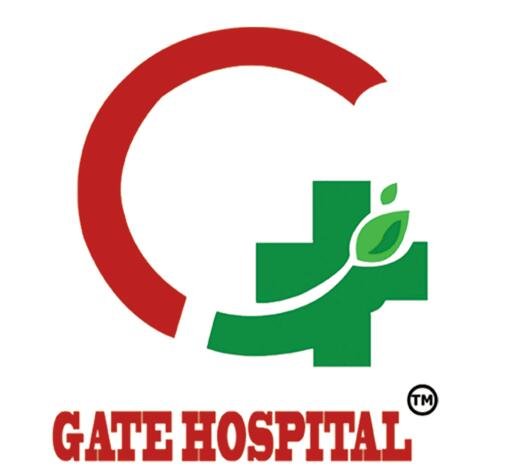
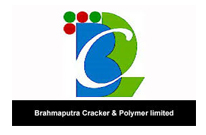


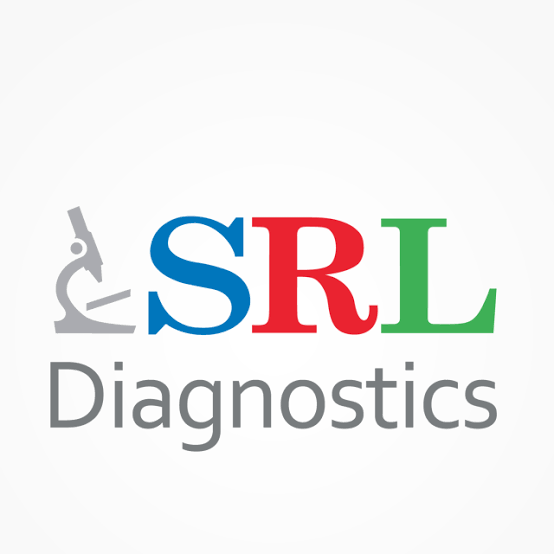







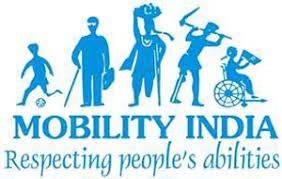






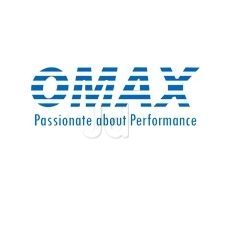



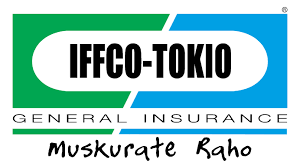


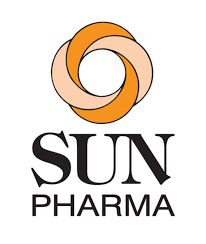
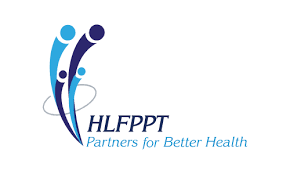


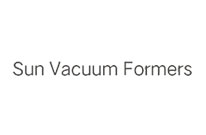
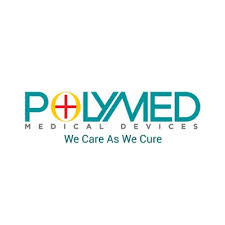


"I am a BBA student of 3rd semester. I hail from Bhutan. I vow that I am having a great experience i...
"AdtU is amazing. I am a BBA student of 2019-22 batch and I am just grateful for the amount of oppor...
Let us be grateful to the people and place who makes us happy. They are the charming gardeners whom ...
Currently I am pursuing MBA in Assam Down Town University. MBA is the professional course through wh...
AdtU is a university that focuses on giving knowledge, education and simultaneously making the stude...
The Assam downtown University has been a great learning experience. The university has provided me w...
My experience with AdtU has been splendid one indeed. Little needs to said about its scenic infrastr...
As a student I am very glad that I have got an opportunity to study here in Assam downtown universi...
My name is Sakhyajit Roy. I?m from Tripura. I joined the university on Auguest, 2017 as a student of...
I share immense pleasure to share my post graduate program experience in Assam down town University....
AdtU is a platform where I got golden opportunities to feed my zeal for knowledge through the dynami...
I am fortunate to get an opportunity to study here in Assam Downtown University. The best thing abou...
Our university is one of the best place for developing ourselves in the field of research and acedem...
ADTU is a university that is very good interms of infrastructure, academics and placements. Our tea...
It is one of best private colleges in North East India, it also provides a good environment for ed...
ADTU is a good University which provides the students with best quality lectures and ensures comfort...
The environment of Assam downtown university is very pleasant.The department of BMLT is very good a...
The university has all the necessary facilities and amenities for students . The classrooms and the ...
Assam downtown University is well recognised all over india. In the ongoing pandemic situation it ha...








